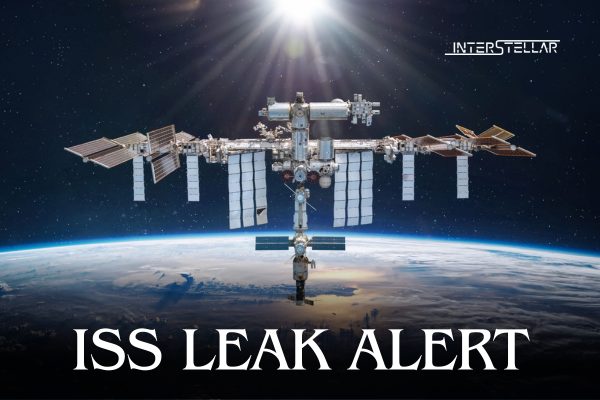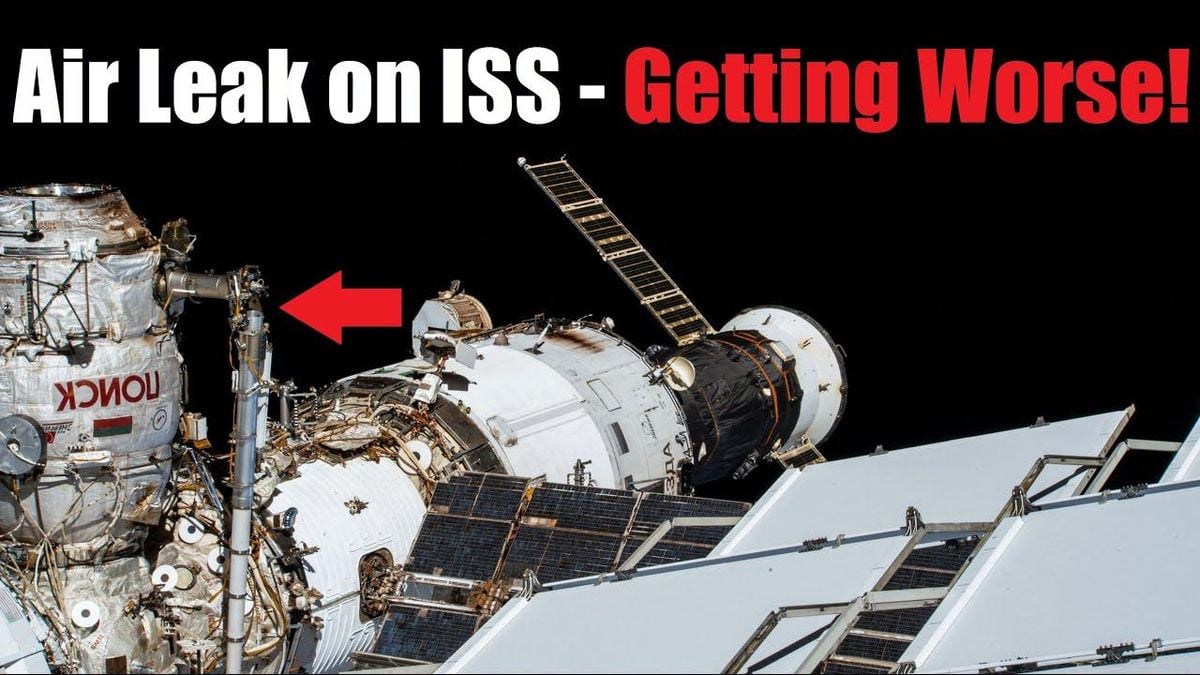NASA Issues Warning Over ISS Air Leak Risk
NASA Warns of Risks from Prolonged Air Leak on ISS
The International Space Station (ISS) faces an escalating problem as NASA warns of potential “catastrophic failure” caused by a persistent air and pressure leak. The issue, which has persisted for five years, has worsened in recent months, raising concerns about crew safety and the station’s long-term functionality.
The Source of the Leak
The leak originates from a tunnel connecting the Russian Zvezda module to a docking port used for supply spacecraft. Zvezda, launched in 2000, is a critical part of the ISS infrastructure. According to NASA, the cracks causing the leak are minute and located near brackets and pipelines, complicating efforts to diagnose and repair them.
In April, the air loss reached 1.7 kg per day, the highest recorded level. This worsening situation highlights the urgency of addressing the problem to ensure the station’s operational safety.
Differing Opinions on the Threat
NASA and Roscosmos, the Russian space agency, have differing views on the severity of the leak and its underlying causes.
- NASA’s View: The US agency attributes the issue to a combination of mechanical stress, residual stress, and environmental exposure. It has expressed concerns about long-term structural integrity and the potential for catastrophic failure.
- Roscosmos’ Response: The Russian agency downplays the risk, citing cyclic fatigue from micro-vibrations as the primary cause and insisting the situation is manageable. It has dismissed NASA’s catastrophic warning as “unrealistic.”
To resolve the deadlock, NASA proposed bringing in neutral experts to assess the situation. However, Roscosmos has rejected this suggestion, further complicating collaborative efforts.
Mitigation Measures in Place
In the absence of an immediate resolution, interim measures aim to minimise risks:
- The leaking section remains sealed except during supply operations.
- Monitoring systems track the leak rate closely.
- Roscosmos has assured that the Service Module hatch can be closed if the situation worsens.
Both agencies are in ongoing discussions to find a long-term solution while balancing operational needs and safety concerns.
The ISS, a symbol of international cooperation, now faces a test of resilience and collaboration as experts work to safeguard its future.
NASA And Russia Confront Growing Air Leak Risk Aboard ISS
Tension escalates as space agencies debate the alarming air leak threatening ISS operations and crew safety
The International Space Station (ISS) is facing increasing scrutiny and concerns as its air leak issue continues to escalate.
- Since its discovery back in 2019, the problem has morphed from a small nuisance to what NASA now labels as the most pressing problem aboard the aging space station.
- The underlying cause of this leak, particularly from the Russian module, has become the center of intense debate between NASA and Roscosmos, the Russian space agency, casting shadows over astronaut safety and international collaboration.
Initially detected in the vestibule connecting the Zvezda module to the docking port, the leak has now reached alarming rates, ballooning from around one pound of air leakage daily to nearly two pounds.
- According to reports, the ISS has been steadily leaking air for the past five years, with the situation worsening over the course of 2024.
- This is not merely technical jargon; it means astronauts aboard the station are potentially losing precious breathable air at concerning rates. . .
This push and pull of international collaboration is emblematic of larger challenges facing space agencies worldwide. If they cannot resolve this disagreement soon, the ramifications could echo far beyond the confines of the ISS, marking it as either triumph or turmoil within this golden era of human spaceflight.







No comments:
Post a Comment